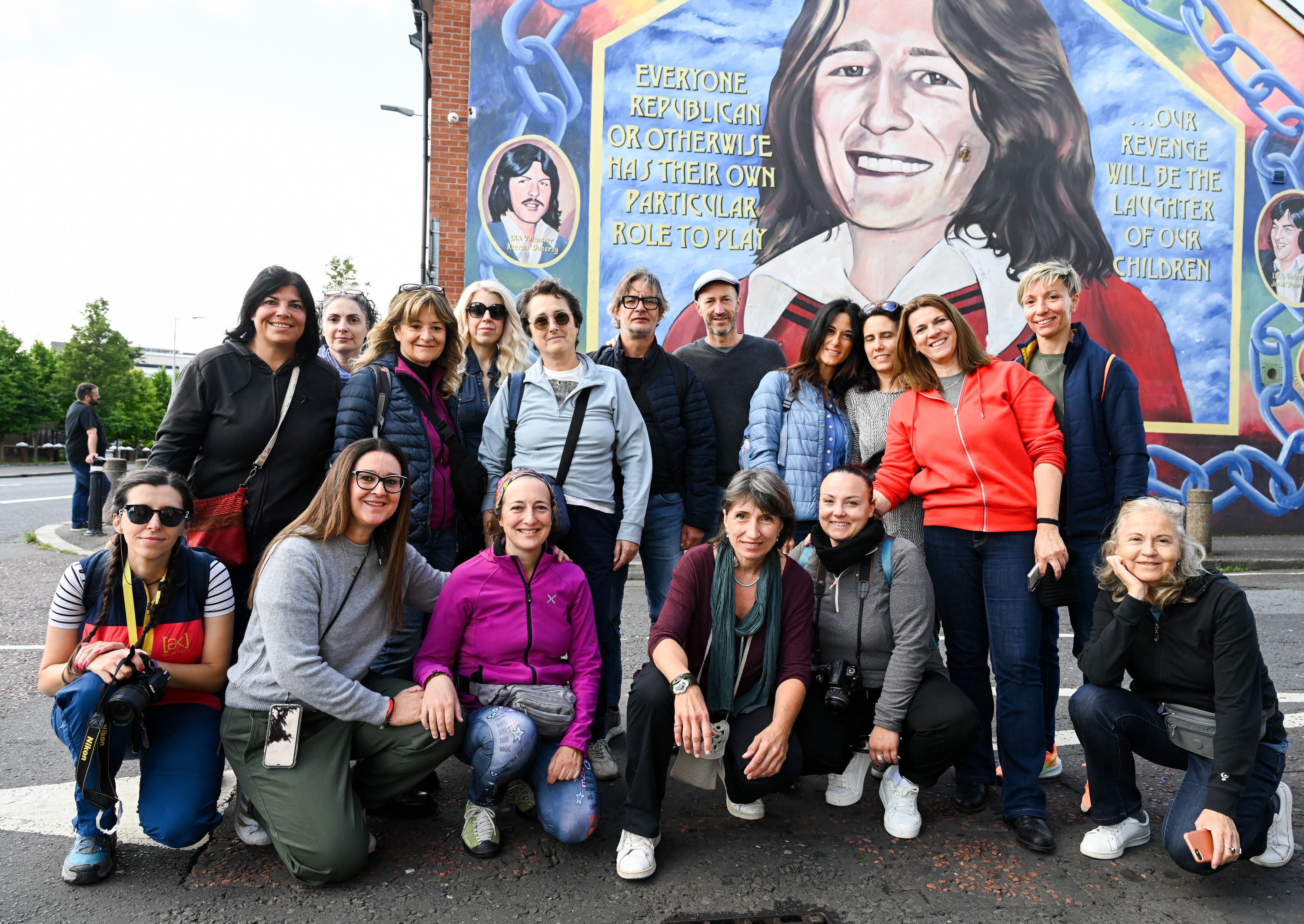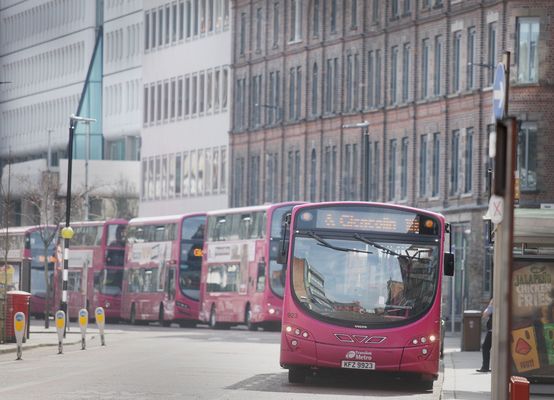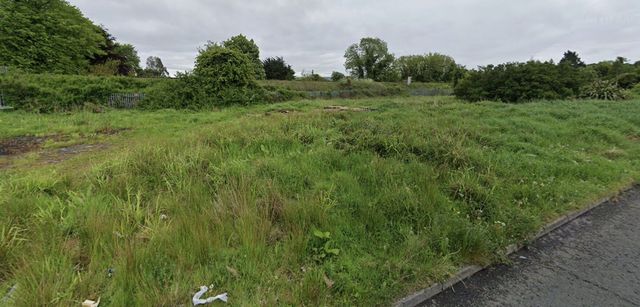A PODCAST on the history of the Troubles involving the experiences of a man from Hannahstown has turned into a huge hit with Italian audiences, rising to number two in the Italian podcast charts.
The success of the podcast has snowballed and last week led to the first podcast-inspired tour of Belfast.
Una Storia Irelandese (Troubles – An Irish Story) is a podcast hosted by Samuele Sciarillo which covers the conflict, focusing heavily on the life of Belfast man Michael Phillips, who has been living in Bologna for 20 years.
In 1991 Michael was arrested in London in connection with an IRA bomb plot which saw four others sentenced. Michael was subsequently cleared of all charges and now lives in Italy where he has worked in progressive Italian politics and wrote his autobiography on his experiences growing up titled ‘A Belfast Boy’, which is available in English and Italian.
Michael's been collaborating with podcast maker Samuele Sciarrillo and the podcast has shot to the number two spot in Italy, with people from all over the country contacting Michael to hear more about his story.
Dall’Ira a Bologna, il libro-confessione di Michael Phillips https://t.co/odXvDUEbdQ via @corrierebologna pic.twitter.com/bw8wjUxpM5
— Nutizieri (@Nutizieri) June 11, 2020
After being contacted by one group of Italians who were holidaying in Belfast, Michael told them that coincidentally he was back home and offered to give them a personal tour of Belfast.
Michael said: “The group were travelling in Belfast and one of them contacted me after hearing the podcast and as I was back home I arranged to meet them and showed them around. Another couple and another group of Italians then contacted me after that and I met them at the Rock Bar.
“The podcast is all about the Troubles and the background and history of it and it weaves my story into it as well. My book focuses on growing up in Belfast and then being arrested in London and what happened afterwards. The podcast gives Italians a general idea about what the Troubles was and there are interviews with my mother, my sister and Danny Morrison as well. There are also interviews with Italian journalist Riccardo Michelucci who knows the story of what happened.”
Michael said the interest in Italy has been huge because not many Italians are aware of the situation in the North during the conflict.
“I think the interest is so great because while a lot of Italians know about the conflict and the general history of Ireland, they don’t know just how bad things were. When I give talks and speak to them they aren’t aware of how bad it was and when they saw over here and everything that happened they were shocked,” he said.
'A BELFAST BOY': dagli scontri nell'Irlanda del Nord a una nuova vita in Italia. Questa avvincente e commovente storia autobiografica di Michael Phillips passa attraverso il fuoco dell'IRA e la prigione. #autobio #thetroubles #IRA pic.twitter.com/1aXu9vRFfF
— Michael Phillips (@bolifemag) March 14, 2020
Michael said on the back of the interest his next plan is to to try and develop more tours for Italians with an interest in the conflict here.
“I have a couple of friends here in Italy from home, one from Dublin and one from Derry, and we’re planning on getting something together to see where the interest lies and to speak more about the history of the North and to hopefully get more Italians to come over and visit. We want to draw them away from Dublin and get them up here to see what happened and also to see how much has changed.
“The next step is we want to get more tours organised to bring Italians over to do tours as I get people writing to me from all over Italy. It’ll be good to bring people to Belfast and to concentrate on everything up here because there is so much more here now than there was 20 years ago. There is so much potential here so I want to be able to bring more Italians over to see what happened.
“I want to say thanks to the group leader Paola Tomagra who took time out from their own tour to come up to the family house as well. They were very interested in also seeing some of the outer areas of West Belfast and we had them at Lámh Dearg too.”





